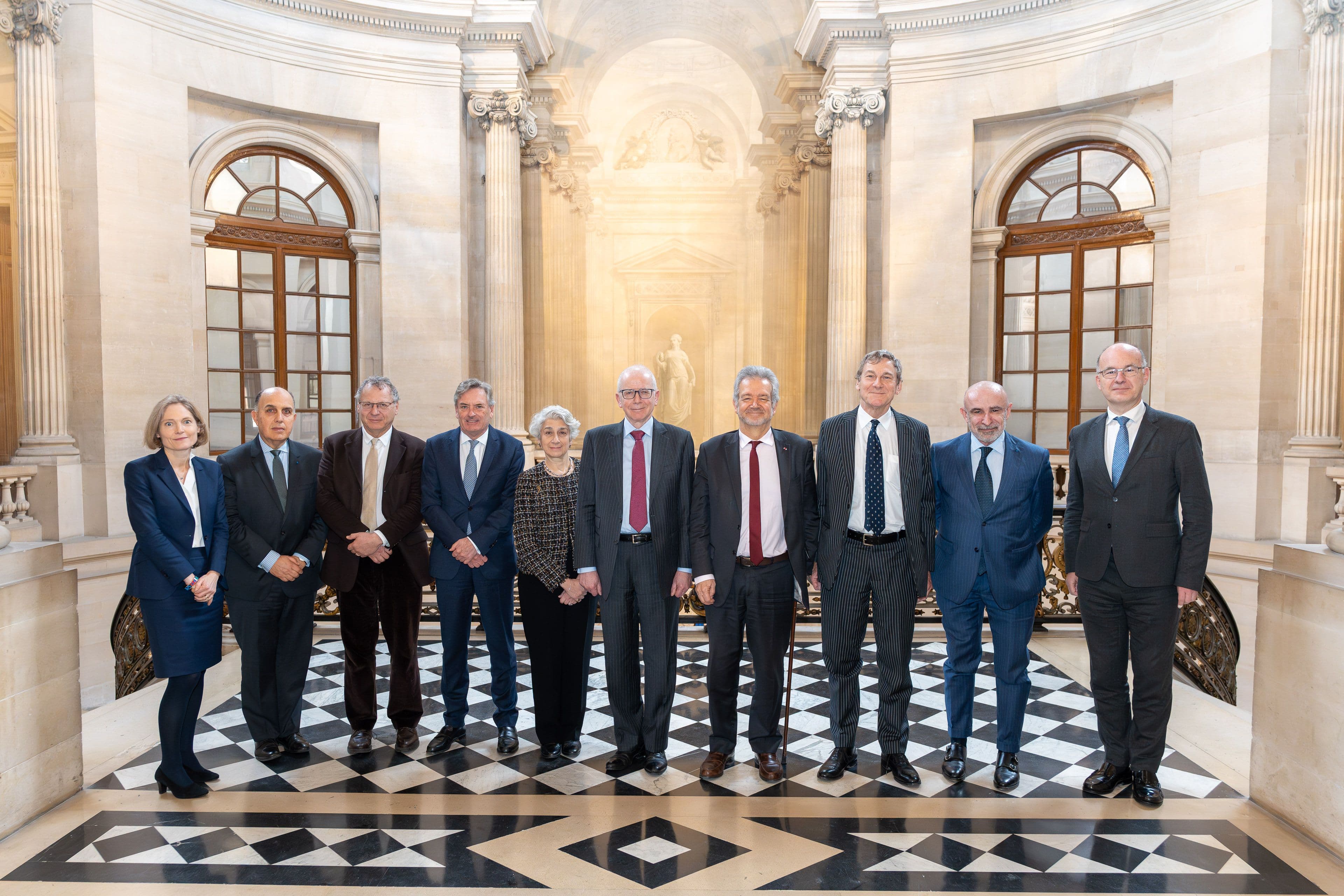News
214 Articles

The UKSC and JCPC Practice Directions were amended on 22 December 2025.

December 2025 Bilateral visit between the Supreme Court of the United Kingdom and the Conseil d’État

Latest Judgment

Future Judgments

UK Supreme Court reflects on successful bilateral event with United States Supreme Court

Lord Richards announces his retirement from the UK Supreme Court and the Judicial Committee of the Privy Council

His Majesty The King has approved the appointment of the Right Hon Lord Sales as Deputy President of the Supreme Court. The King made the appointment on the advice of the Prime Minister and Lord Chancellor, following the recommendation of an independent selection commission.

Minor amendments to the Practice Directions of UKSC and JCPC

The UK Supreme Court and Judicial Committee of the Privy Council has published a fourth annual update to its Judicial Diversity and Inclusion Strategy.

On July 1st the Court was proud to host the inaugural meeting of the UK Association of Black Judges.

Today (14th July 2025) the UK Supreme Court has laid its Annual Report & Accounts 2024-25 (ARA) before Parliament.


In the Law Pod UK podcast, two Judicial Assistants of the UK Supreme Court, take listeners behind the scenes at the Court, revealing how they prepare for case hearings, the pressure of preparing press summaries,

From Magna Carta to Lady Jane Grey: the UK Supreme Court's fascinating friezes By Liam Fox, Information Officer
The Supreme Court website catalogue at The National Archives. The Supreme Court website catalogue at The National Archives.
Sign up for news email alerts
Sign up to receive email alerts when a news article is published by the Court.

